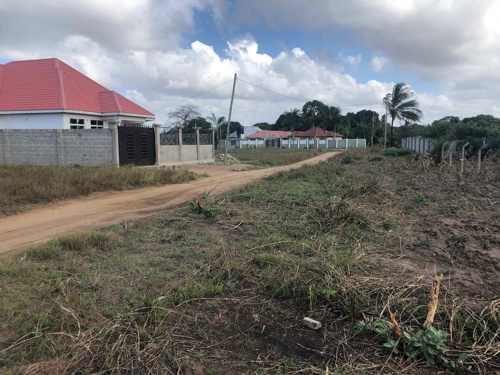The issue of over 45,000 hectares of Acholi Sub-region’s government land being privatized has become a focal point of concern, highlighting the complexities of land rights and the stewardship of public assets. The Ministry of Lands’ report that private individuals have acquired extensive areas through leasehold and freehold titles, totaling more than 158,100 hectares, underscores a critical need for transparency and accountability in land transactions.
From 1968 to 2023, 213 titles have been issued on government land, covering 158,175.98 hectares. The fact that 113 of these are freehold titles, encompassing 45,244.53 hectares, while 100 are leasehold, covering 112,913.45 hectares, calls into question the legal processes and oversight mechanisms in place.
Prof Jack Nyeko Penmogi, the acting chair of the Uganda Land Commission, has reiterated the legal prohibition of freehold ownership on public land, signaling a potential wave of title cancellations upon review. This situation is particularly pronounced in Gulu District, which holds a significant number of the government land titles, in stark contrast to Agago District’s mere five titles.
The broader landscape of the Acholi Sub-region, with its 2.8 million hectares spread across eight districts, has seen the processing of 5,494 land titles by the Ministry of Lands. The predominance of leasehold titles, which make up 62 percent of the total, may reflect a strategic governmental approach to land management.
Amidst this backdrop, Mr. Otinga Otto Atuka, the deputy paramount chief of the Acholi chiefdom, has brought to light the community’s concerns regarding the aggressive tactics of the National Forestry Authority and the National Environment Management Authority. The plight of settlers in Pabbo Sub-county’s forest reserve, who are now asserting ownership and seeking land titles, encapsulates the challenges of reconciling post-conflict land claims with the imperatives of environmental conservation.
This unfolding narrative not only speaks to the intricacies of land governance in Uganda but also to the urgent need for reformative measures that ensure equitable land distribution, uphold the rights of indigenous populations, and promote sustainable development in the Acholi Sub-region.




